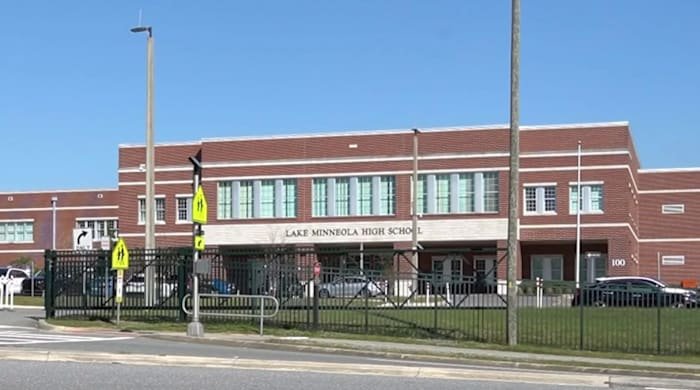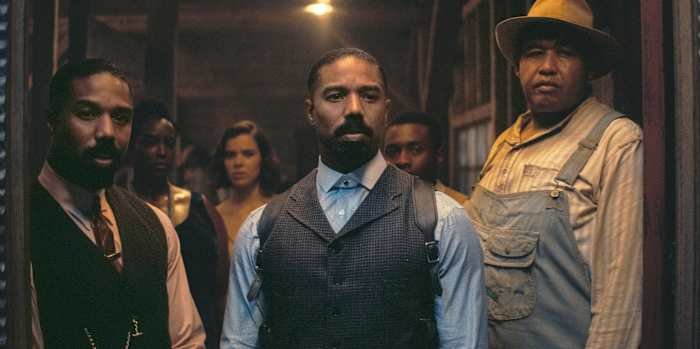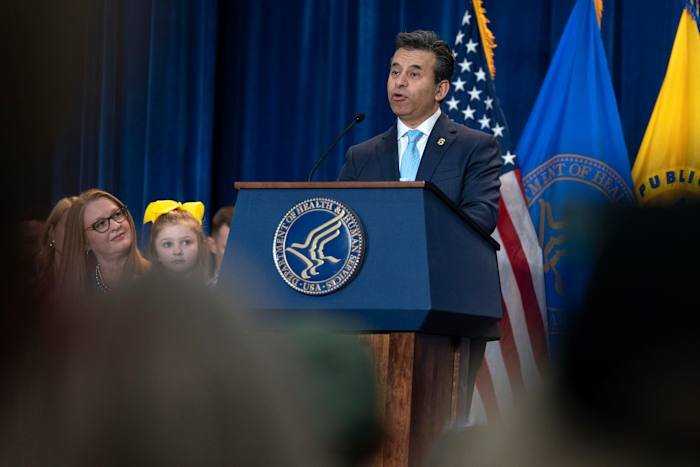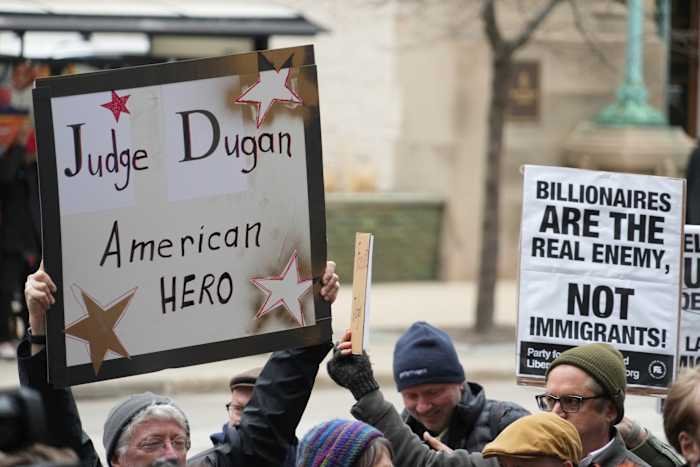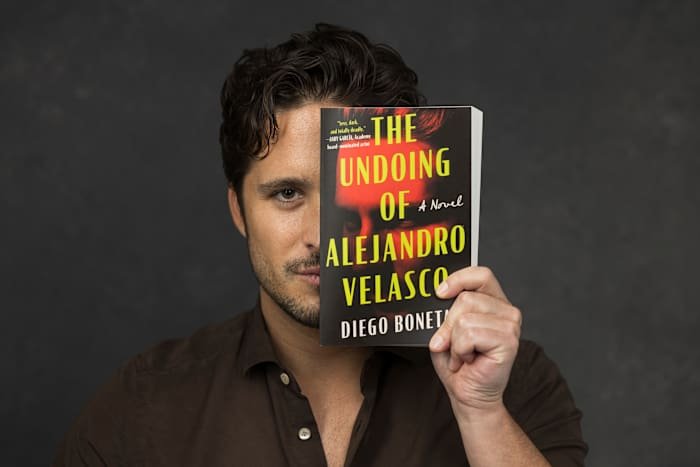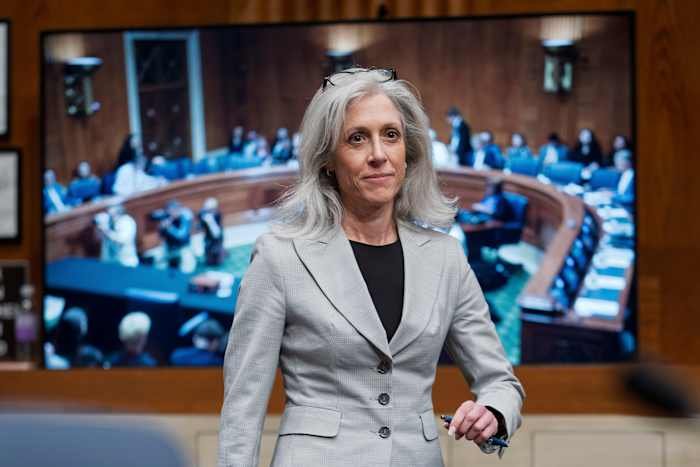Introduction
In a recent rally, former U.S. President Donald Trump told supporters that he had “ended the war in Congo,” referencing a peace deal he claims to have brokered between the Democratic Republic of Congo (DRC) and Rwanda in June. However, on the ground in eastern Congo, people tell a different story: violence, displacement, and uncertainty continue to affect millions. As Orlando is home to a growing Congolese and Central African immigrant community, the conflict’s ongoing impact has local significance. In this post, we explore Trump’s claims, the reality in Congo, why the issue matters in Orlando, and what lies ahead for peace efforts in the region.
Trump’s Claims and the June Peace Deal
During a recent campaign appearance, Trump touted foreign policy achievements from his presidency, including a claim that “the war in Congo” was among those he had “stopped.” He referenced a deal struck in June between the DRC and Rwanda, aimed at reducing tensions along their shared border. The agreement, facilitated in part by U.S. diplomats, was widely reported as a diplomatic step forward, but not a comprehensive peace treaty.
Trump’s statement draws criticism for oversimplifying a complex situation. The conflict in eastern Congo is not a single war, but a tangled web of fighting between government forces, armed groups, and foreign militias. The June deal addressed some cross-border issues, particularly regarding rebel groups operating near Rwanda, but did not resolve the underlying causes of violence that have plagued the region for decades.
The Reality in Eastern Congo: Violence Persists
On the ground, people in eastern Congo say little has changed since the June agreement. According to local news sources and humanitarian organizations, fighting between Congolese troops and armed groups like the M23 rebels continues to displace thousands. The United Nations reports that over 6 million people remain internally displaced within the DRC, many living in dire conditions near Goma and other eastern cities.
Recent reports indicate attacks, kidnappings, and instability persist, especially in North Kivu and Ituri provinces. Civilians bear the brunt of the conflict, with ongoing reports of human rights abuses, food shortages, and lack of access to medical care. While diplomatic efforts are ongoing, the situation on the ground remains fragile, and many Congolese feel their plight is misunderstood or ignored by international leaders.
Why the Congo Conflict Matters in Orlando
Orlando is home to a vibrant African diaspora, including a growing number of Congolese immigrants and refugees. For many local families, the violence in Congo is not a distant headline but a daily worry for loved ones back home. Community leaders in Orlando have called attention to the ongoing humanitarian crisis, organizing fundraisers, awareness events, and support networks for those directly affected.
Organizations such as the Refugee Center and local churches work closely with Congolese newcomers, helping them adjust to life in Central Florida. Many Orlando residents have participated in advocacy campaigns urging U.S. policymakers to support genuine peace efforts and humanitarian aid for the DRC. The continuation of violence in Congo means continued need for support and resources here in Orlando, as families remain separated and communities face uncertainty about the future.
The Challenges of Achieving Lasting Peace
Experts agree that achieving lasting peace in eastern Congo will require sustained international engagement and local solutions. The region’s conflicts are rooted in longstanding issues: ethnic tensions, competition over mineral resources, and the weakness of state institutions. Neighboring countries, including Rwanda and Uganda, have been accused of supporting rebel groups for their own strategic interests.
Peace agreements, like the one reached in June, are important milestones but are often fragile. Without addressing the root causes of violence and ensuring accountability for atrocities, the cycle of conflict is likely to continue. Humanitarian organizations stress the need for coordinated aid, security reform, and inclusive dialogue among all stakeholders, including local communities and civil society groups.
Conclusion: Staying Informed and Engaged
As the debate continues over Trump’s claims about ending the war in Congo, the reality on the ground tells a more complicated story. For Orlando residents, especially those with ties to the region, the conflict remains a deeply personal and pressing issue. Staying informed, supporting local organizations, and advocating for effective U.S. engagement are ways our community can make a difference.
What do you think about Trump’s statements and the situation in Congo? Has the conflict affected you or someone you know here in Orlando? Share your thoughts in the comments below—we’d love to hear from you.






